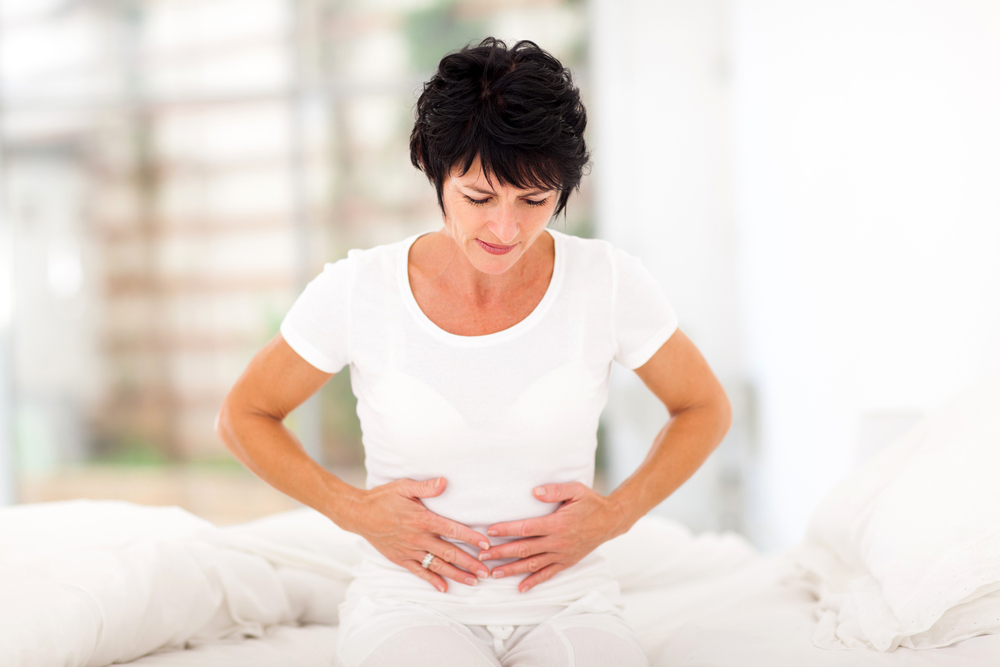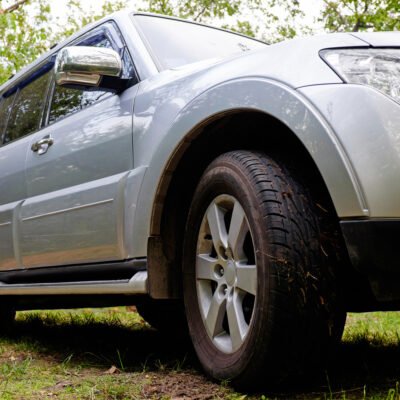
Causes and Diagnosis of Hemorrhoids
Hemorrhoids, also known as piles, occur on the lower rectum or anus due to swollen veins and are often similar to varicose veins. Some of the common warning symptoms of hemorrhoids include bleeding, inflation within the anus, pain, and irritation around the anal area. The condition is diagnosed based on a physical exam and medical history.
There are various types of hemorrhoids, including eternal, external, and thrombosed. For an internal diagnosis, a digital rectal exam is needed. Below are the risk factors for developing hemorrhoids:
1. Lifting too heavy objects
When lifting too heavy objects, you may strain or apply excessive pressure on veins near the rectal area. Hemorrhoids due to lifting weighty objects are most common in people who visit the gym frequently. It’s because they tend to hold their breath due to straining as they lift the heavy items. Professional weight lifters are encouraged to take deep breaths before lifting weights. It helps in minimizing the pressure being put on the internal organs and helps in preventing straining. You may also purchase over-the-counter hemorrhoids relief cream cures to help ease the discomfort.
2. Excess weight during pregnancy
Women with excess weight during pregnancy suffer from hemorrhoids, especially during the third trimester. Extra pressure is being applied on the pelvis area and contributes to the veins on the lower body swelling. The unborn baby’s weight and the uterus on the pelvis cause hemorrhoids in the lower rectum region. Pregnant women are encouraged to exercise more frequently to allow more blood circulation on the internal organs. Being obese during pregnancy also causes too much pressure on your veins. Pregnant women are encouraged to eat foods high in fiber, including whole grains, fruits, and vegetables, for a healthier lifestyle.
3. Straining during bowel movements
When excessively straining during a bowel movement, the veins around the lower part of the rectum and anus tend to swell up. It results in either internal and external hemorrhoids, which may be very painful or uncomfortable. With this condition, the passing stool becomes a problematic task resulting in stomach issues. When you hold your breath too much when trying to pass stool, it creates too much pressure on the veins. Drink at least eight glasses of water daily to help pass stool quickly. Also, you can access hemorrhoids relief cream cure from your local pharmacy.
4. Sitting for long periods on the toilet
You may put lots of pressure on your anus when sitting for long periods on the toilet. It happens because the toilet seat is cut out, and your rectum happens to be lower than the rest of your body. Due to gravity, the blood on your backside area pools and clots around the veins. Putting too much pressure can also lead to developing more hemorrhoids. Using hemorrhoids relief cream cures containing hydrocortisone helps numb the pain or discomfort you may be experiencing. Using cold compresses on your anal region may also help relieve pain and discomfort.
5. Chronic diarrhea or constipation
Having chronic diarrhea or constipation causes a lot of pressure on the blood vessels and walls surrounding your anus. Inadequate cleaning of the anal area after diarrhea may also cause some stool to be stuck on the skin folds, which causes severe itching. As a result of severe itchiness, it contributes to the swelling of the veins. If you tend to suffer from medication that causes severe diarrhea or constipation, avoid medications that may contribute. Take laxatives to prevent chronic diarrhea and eat foods high in fiber to prevent constipation. You may also take a sitz bath where you get to soak your anus for around 10-15 minutes.
Hemorrhoids can be extremely painful, and you are needed to take precautions to avoid getting them. Ensure to maintain a healthy diet and consume plenty of fluids. In case you are suffering from hemorrhoids, visit your local physicians and have them check it out.


